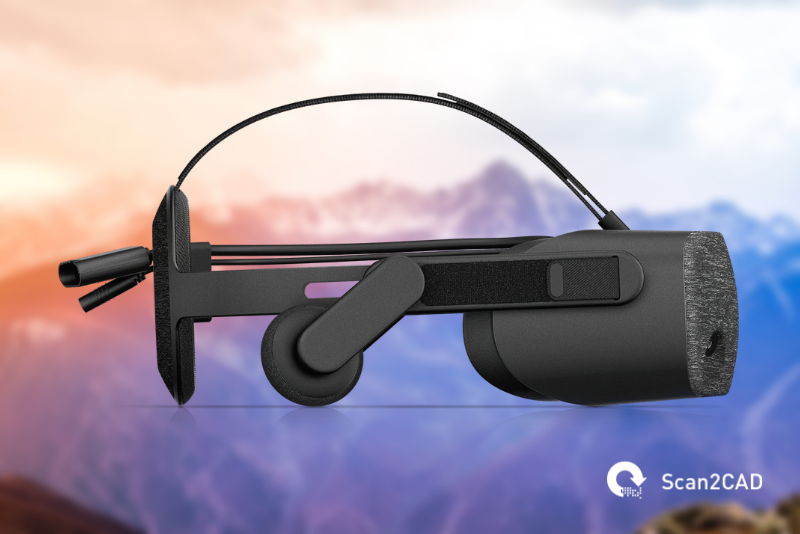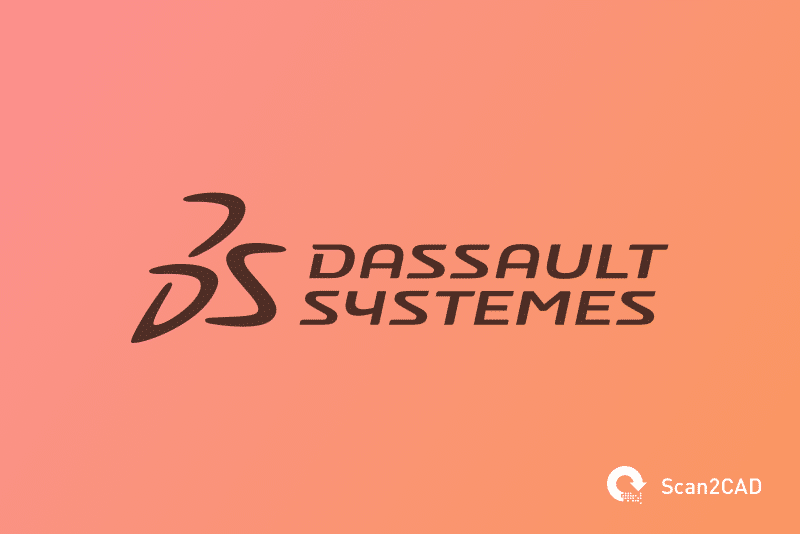The colors of the leaves are changing, and there is a different chill in the air as September ends and we welcome autumn. It is also time for our monthly roundup of the most newsworthy notes in the worlds of CAD, engineering, design, and technology. There is much to talk about in this edition of Coffee Break News, including the recent announcement of Autodesk and ANSYS’s automotive alliance, the collaboration of teams from the UK and South Korea in space battery design, and the inclusion of Dassault Systemes into the AMRC.
Other stories we are serving up in this roundup include the successful 3D printing of a miniature human heart by US scientists, the support of New York’s designers and architects in the recent Global Climate Strike, and Fieldwire raising the stakes in its bid to compete with PlanGrid.
Enjoy reading this month’s news lineup!
AutoDesk and ANSYS’ automotive Partnership
Major software names Autodesk and ANSYS have recently announced that they are collaborating in a new partnership that is geared towards the automotive industry. This collaboration will feature the integration of Autodesk’s automotive visualization and prototyping application VRED with ANSYS’s lighting simulation tools.
Autodesk’s Thomas Heermann explained, “VRED is the leading-edge, industry-standard 3D visualization and digital decision-making tool in the automotive design studio. With the ANSYS collaboration, we can offer an integrated workflow—merging physics-based simulated optical ray files with complex and dynamic lighting scenarios directly into VRED.”
According to the two firms, this integration will allow automotive designers to produce photorealistic visual representations of vehicles they are working on, and this will, in turn, improve workflows and accuracies in physical reflections.
For their part, ANSYS’s Eric Bantegnie said, “We are excited to collaborate with Autodesk to bring automakers our gold-standard lighting simulation. This collaboration represents a win-win scenario for both companies—but more importantly, for our joint customers who are looking to rapidly take advantage of industry megatrends like next-generation autonomous driving and electrification.”
UK and Korea collaborating on space battery designs
The UK’s Leicester University and National Nuclear Laboratory are teaming up with the Korea Atomic Energy Research Institute in designing space batteries. The organizations announced their agreement which will focus on combining research on radioisotope thermoelectric power generators for utilization in space explorations. These technologies are designed to power space missions that probe distant, cold, dark environments in space.
Aside from the cooperation on research and development, the partners will also develop international standards and safety protocols that are associated with these systems.
Leicester University and National Nuclear Laboratory are part of a European Space Agency program which is developing radioisotope generators and heater units. According to Prof. Iain Gillespie, the pro-vice-chancellor of research and engineering for Leicester University, said, “Missions using nuclear power offer greater versatility in challenging environments. In many cases nuclear systems can enable missions that would otherwise be impossible.”
Meanwhile, Dr. Young Uk Jeong, the senior vice president for quantum science convergence for Korea Atomic Energy Research Institute or KAERI, said, “This memorandum of understanding will provide our respective countries with opportunities to pursue new avenues of collaboration and to discuss ways of increasing substantive cooperation in space nuclear power systems.”
Dassault joins AMRC
Dassault Systemes has officially joined the University of Sheffield Advanced Manufacturing Research Center (AMRC). The partnership was recently announced by Dassault Systemes, the French software company that envisioned the 3DEXPERIENCE platform. The collaboration is intended to accelerate the manufacturing industry in the UK.
Severine Trouillet, Global Affairs Director for EuroNorth at Dassault Systemes, said, “We strongly believe that we have entered the Industry Renaissance, a new era where experience will be at the heart of everything we do, from the way we innovate to the way we produce goods. The tools of the Fourth Industrial Revolution, whether automation, robotics or visualization, are the basis on which we are building a radically new world where entire sectors will be turned upside down.”
The AMRC was founded in 2001 and is the center of numerous research projects revolving around manufacturing, machining, and advanced materials. It counts over 100 partners. Recent collaborations include its hybrid 3D printing THREAD collaboration with engineers from the NASA Jet Propulsion Laboratory and its project with Toyota Motorsport GmbH to develop new lightweight automotive materials.
Specifically, the team-up with Dassault Systems will focus on the Made Smarter initiative with UK manufacturers, with the goal of developing an open-access Smart Factory testbed where companies can enhance productivity, minimize defects, and reduce the time it takes to reach the market.
Rab Scott, Head of Digital for AMRC, said, “With Dassault Systèmes as a Tier 1 partner, the AMRC is ideally placed to deliver the sustainable step-changes in productivity that the UK economy desperately needs. Its suite of digital technologies strengthens the AMRC’s portfolio of advanced manufacturing capabilities and puts us at the forefront of Industry 4.0 research and development.”
More stories we followed this month:
- Scientists from Chicago-based biotech company Biolife4D have successfully 3D printed a miniature human heart. This is a major step towards the goal of eventually being able to produce a full-sized human heart that is viable for transplants. The miniature heart featured the standard structure of a full-sized heart, including four internal chambers.
- Architects and designers from renowned firms in the New York City area joined the Global Climate Strike on September 20 spearheaded by 16-year-old Swedish activist Greta Thunberg. Designers and architects from Snohetta, Joe Ducet, Selldorf Architects, and Wood Bagot were among those in attendance at the event which was simultaneously held in over 150 countries to call for swift climate action.
- Fieldwire, known for its task management software for commercial construction teams, just raised an additional $33.5 million in Series C funding, led by Menlo Ventures, Brick & Mortar Ventures, Hilti Group, and Formation 8. The funding props up Fieldwire’s bid to better compete with rival PlanGrid, which was purchased last year by Autodesk for $875 million.




